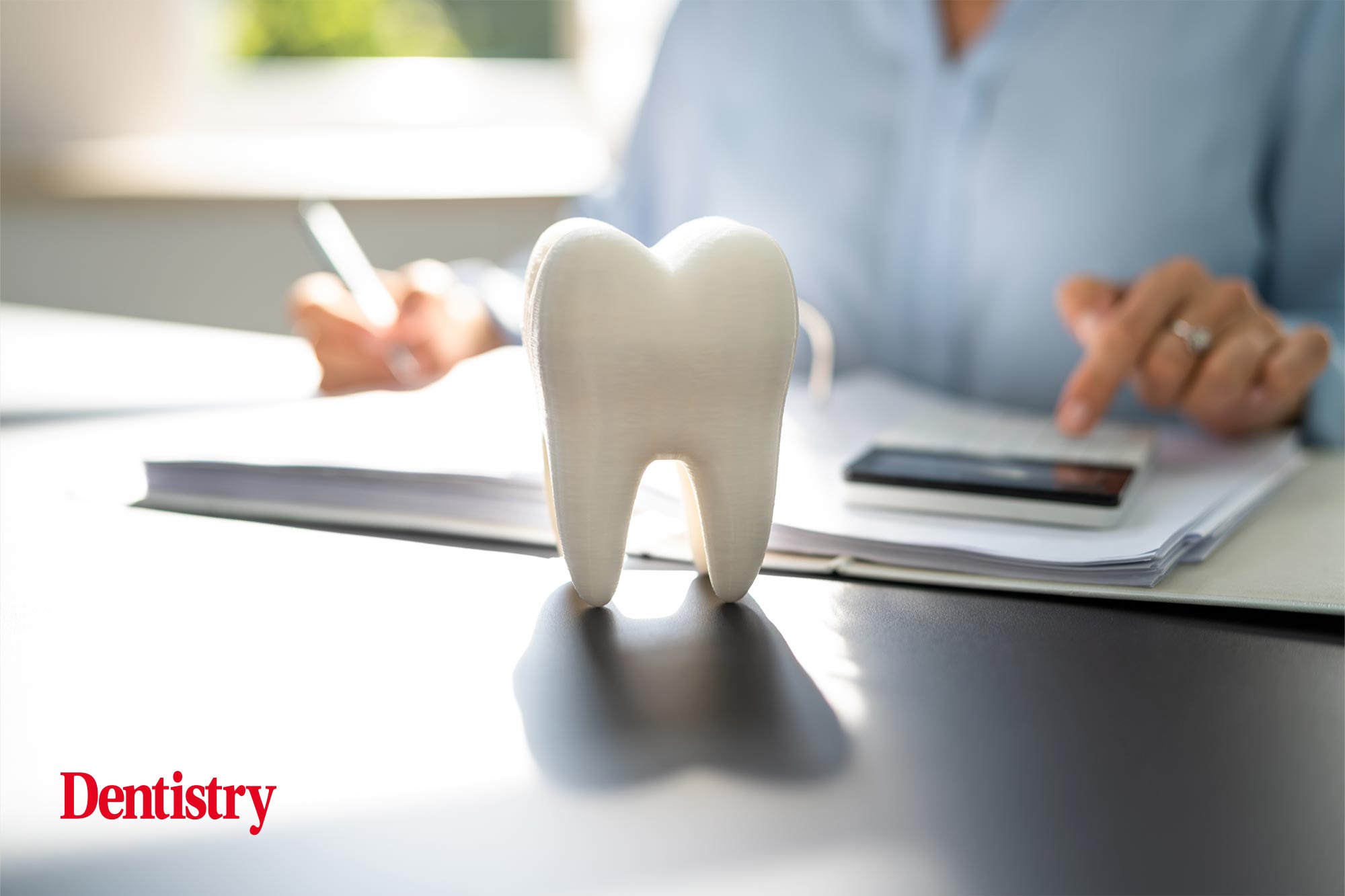
Dentists could be losing money on most active NHS treatments, according to the British Dental Association (BDA) in Northern Ireland.
Early statistics suggest dental teams carrying out treatments like fillings, crowns and extractions for NHS patients can cost them money.
The BBC reports that the Department of Health said it supported dentists with both investment and increases in allowances and expenses.
However, the BDA NI, said the fees paid to dentists providing NHS care are likely being outweighed by the cost to provide the treatments. This means dentists are making a loss.
Ciara Gallagher is chair of the BDA’s Northern Ireland Dental Practice Committee. She runs a dental practice in Downpatrick, County Down, and told the BBC that while many discuss the cost of living crisis, she is concerned with the ‘cost of providing care crisis’.
She said: ‘The increase in fees is not matching those increases in costs.
‘What has happened is the fees have gone up a little bit. But we’ve come to this point where the cost to provide care is now more than we are being paid for that care.’
Dentistry’s top stories
Significant impact
This comes as figures show an increase in late-stage diagnosis for head and neck cancers in Northern Ireland.
Newly-collected data in November showed:
- Late-stage tumours (T3/T4) increased from 33.76% of 470 cases in 2019 to 41.47% of 371 cases in 2020
- The number of referrals in 2020 reduced by 22.1%. This points to the significant impact Covid-19 has had on head and neck cancer presentation here.
The number of people diagnosed with oral cancer in Northern Ireland has increased by more than 80% between 1993 and 2018. The relative spike is greater among women than men.
Professor Gerry McKenna is chair of BDA NI Hospitals Group. He said: ‘The data confirms the significant impact the Covid-19 pandemic has had on reduced head and neck cancer detection and referrals.
‘Later-stage diagnosis in the wake of what has been traditionally a less than optimal picture by way of detection and diagnosis.
‘It’s important we put this into context. A large proportion of our head and neck cancer patients are not patients who are struggling to attend their general dental practice. They are people who do not (and have never) engaged with health services generally, hence the history of late presentation.’
Follow Dentistry.co.uk on Instagram to keep up with all the latest dental news and trends.


